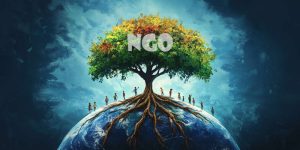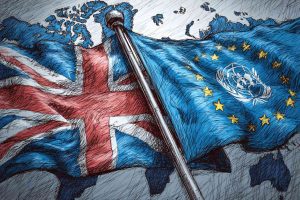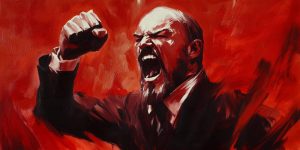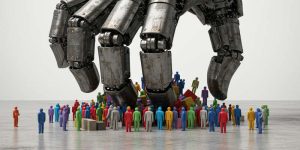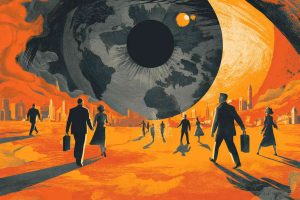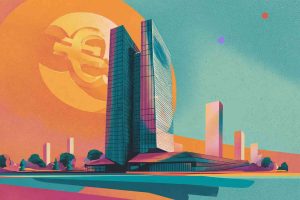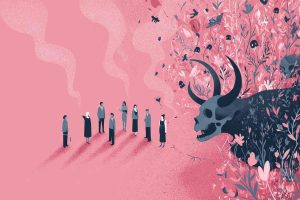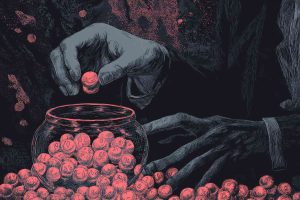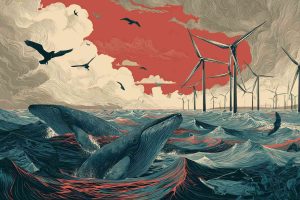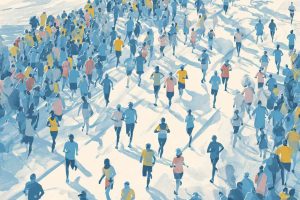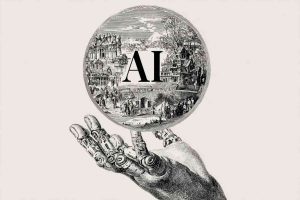GroenLinks and the fall of the Labour Party: the rebirth of communism in the Netherlands
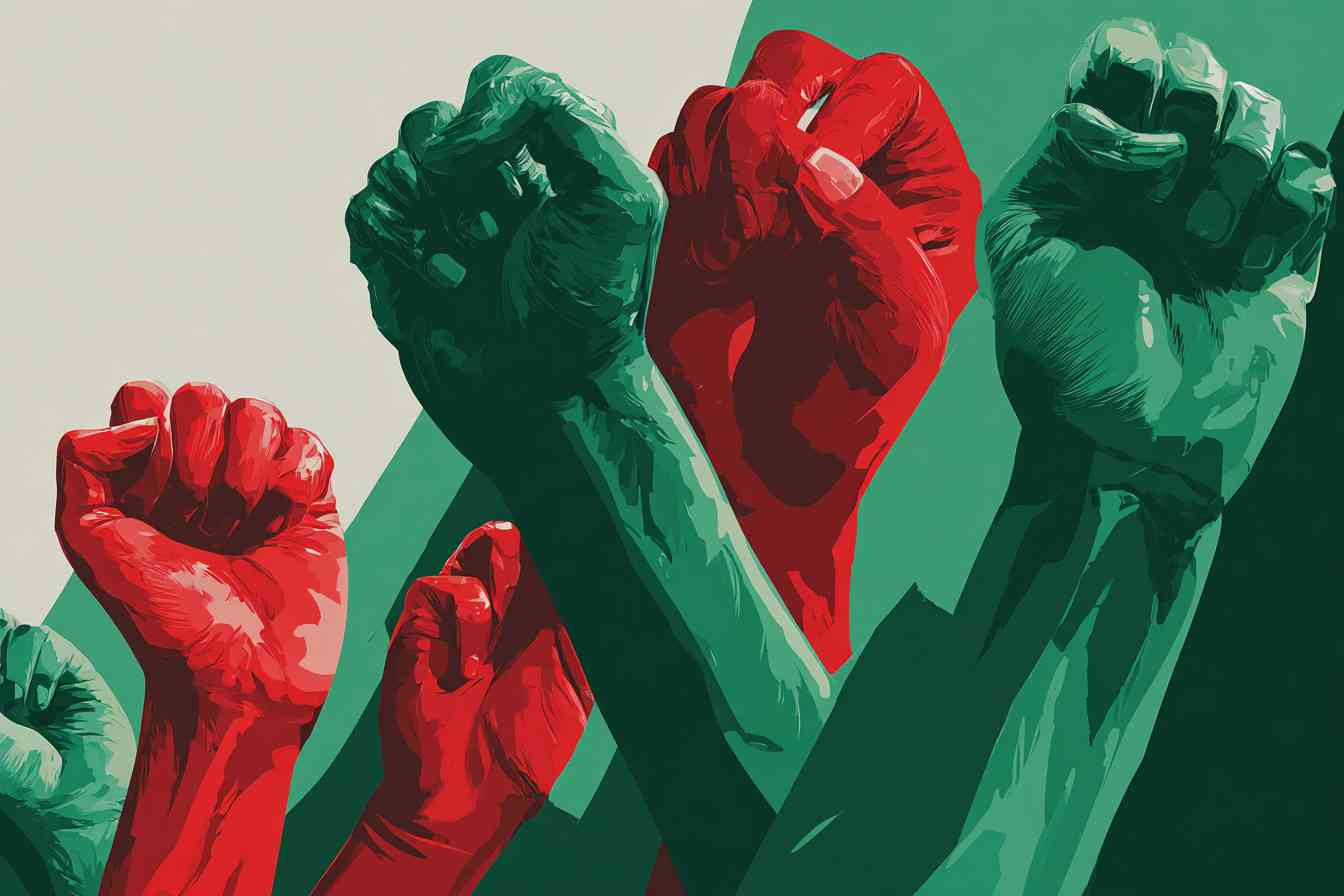
A party that sees itself as the moral compass
GroenLinks presents itself as the moral conscience of the Netherlands, a party that fights for justice, sustainability, and equality. In practice, however, these lofty ideals rarely lead to effective policy. What begins as idealism often ends in bureaucracy, symbolism, and social harm. According to Radical Chic and the New Left (Tom Wolfe), this is typical of left-wing movements that confuse moral superiority with moral truth and use politics as an expression of moral identity.
The party today is a stronghold of urban, highly educated elites who see themselves as architects of a new world order, but whose policies mainly harm working citizens. The merger with the Labour Party (PvdA) has only reinforced this tendency. Where the PvdA once represented pragmatic social democracy, it has now been absorbed and pulled into a radical ideological orbit. The party that once stood for wages, work, and housing has become a vessel of moral activism, where climate, gender, and identity have replaced social pragmatism.
As Black Mass: Apocalyptic Religion and the Death of Utopia (John Gray) explains, this is a symptom of modern utopianism, the belief that humanity is fully malleable and that moral purity leads to political salvation. GroenLinks embodies precisely that. Its ideals are not just unrealistic but dangerous, born from the conviction of possessing a moral monopoly.
From communist roots to moral activism
The ideological roots of GroenLinks lie deep in the communist tradition. The party was born from a merger of four political groups: the Communist Party of the Netherlands (CPN), the Pacifist Socialist Party (PSP), the Political Party of Radicals (PPR), and the Evangelical People’s Party (EVP). Though GroenLinks later rebranded itself as “progressive” and “eco-social, ” its foundational principles, collectivism, state control, and economic egalitarianism, remain.
In The green energy delusion (Vaclav Smil), it is described how left-wing ecological movements worldwide make the same mistake: they believe that government planning and technological subsidies can save the planet, while ignoring economic reality and human nature. This ideal of control, wrapped in moral language, defines much of GroenLinks’ political thinking.
The party no longer sees government as a servant of the people, but as the people’s teacher. Citizens are to be re-educated into “conscious” consumers and “sustainable” thinkers. Those who resist are branded backward or immoral. The result is a form of moral authoritarianism where the party itself becomes the standard of virtue, a tendency Radical Chic and the New Left (Tom Wolfe) identifies as typical of elite movements that see themselves as morally superior.
The merger with the Labour Party: power over principle
The union of GroenLinks and the Labour Party was less a marriage of equals than a takeover. The PvdA, once the party of workers, has lost its ideological soul. Under GroenLinks’ influence, it has shifted from social democracy to moral idealism. Where PvdA policy once revolved around jobs, affordable housing, and social security, it now obsesses over abstract issues such as “climate justice” and “inclusion.”
According to Europe’s immigration dilemma (Douglas Murray), this trend is not unique to the Netherlands. Across Europe, left-wing parties have fallen into the trap of symbolic politics that benefits the elite while harming ordinary citizens. The same holds true here: under the banner of compassion, the PvdA-GroenLinks alliance functions primarily as a vehicle for moral self-glorification. The language is empathetic, the outcomes divisive.
The merger also concentrated power in the hands of party elites and civil servants, where dissent is buried under ideological jargon. Internal critics within the PvdA who warn against GroenLinks’ dogmatism are sidelined. The result is a closed, homogenous bloc that justifies itself not through democratic legitimacy, but through moral righteousness.
Failed policies in practice
The practical record of GroenLinks governance reveals how idealism collides with reality. In cities such as Amsterdam, Utrecht, and Nijmegen, where the party has governed, the results have been consistently disappointing. Climate projects consume millions without measurable impact, and citizens are left footing the bill.
In Amsterdam, for example, the Climate Fund under alderwoman Marieke van Doorninck spent millions on inefficient projects with no visible reduction in emissions (Amsterdam Klimaatfonds onder vuur, NRC). In Utrecht, car-restricting measures led to more traffic jams and pollution at the city’s edges (Autoluw beleid werkt averechts, De Volkskrant). In Nijmegen, an expensive bicycle infrastructure program failed to improve mobility or reduce congestion (Nijmegen fietsfiasco, De Gelderlander).
These examples illustrate what The green energy delusion (Vaclav Smil) calls “technocratic idealism”, policies based on models and conviction rather than results. The desire to “save the planet” overrides any concern for efficiency or feasibility. Meanwhile, citizens face rising energy bills, higher taxes, and diminishing freedom of movement.
On immigration, GroenLinks remains equally detached from reality. The party continues to advocate open borders and generous asylum programs, despite chronic housing shortages, strain on healthcare, and growing social tension. This denial of social limits fuels public frustration, which GroenLinks dismisses as “populism” or “fearmongering.” It is precisely the cultural condescension described in Europe’s immigration dilemma (Douglas Murray).
The hypocrisy of moral politics
What distinguishes GroenLinks is not its idealism, but its hypocrisy. The party condemns greed and capitalism while participating fully in the same systems it denounces. GroenLinks politicians hold lucrative board positions in heavily subsidized institutions while preaching restraint and equality.
Collaborations with multinationals such as Shell and Unilever through green subsidy programs expose this double standard. While ordinary citizens pay more for energy, these corporations receive billions in “sustainability support.” As Net Zero: How We Stop Causing Climate Change (Dieter Helm) notes, this is the great irony of modern climate policy: the costs are socialized, the profits privatized.
GroenLinks claims to fight inequality, yet it creates a new form of class divide, between those who can benefit from the green economy and those who pay for it. Solar panels, electric cars, and tax credits are accessible to the affluent, while the poor struggle to afford heating. According to research by the CPB (Klimaatbeleid treft vooral lage inkomens, CPB), Dutch climate policy disproportionately hurts lower-income households.
The technocratic temptation
GroenLinks is driven by faith in planning and data. It imagines society as a laboratory, believing that enough rules, bans, and subsidies can solve any problem. Yet, as Black Mass: Apocalyptic Religion and the Death of Utopia (John Gray) argues, this is the essence of utopian thinking, it ignores human unpredictability and ends up creating authoritarian systems in the name of salvation.
This obsession with bureaucratic control leads to overregulation and dependence. Citizens become reliant on state aid, while self-reliance and freedom diminish. Small business owners and farmers who do not fit the “green criteria” face suffocating restrictions. Builders, transporters, and manufacturers have become modern scapegoats of an ideological system that despises economic reality.
The reality of the green dogma
Economically, GroenLinks’ agenda punishes the middle and lower classes. Rising fuel taxes, energy levies, and expensive green investments hit precisely those who can least afford them. The party preaches solidarity while undermining the purchasing power of millions.
The green energy delusion (Vaclav Smil) demonstrates that hasty energy transitions in wealthy countries are largely symbolic: their global impact is negligible, but their domestic cost is immense. The Netherlands illustrates this perfectly, wind turbines spin on subsidies, solar parks consume farmland, and emissions barely decline. Meanwhile, the cost of living soars.
The social consequences are clear. Citizens feel alienated from a moralizing elite that lectures them on sustainability while they struggle to make ends meet. Young people face a narrowing future, dictated by ideological orthodoxy rather than personal freedom.
The power of media and universities
GroenLinks’ influence extends far beyond politics. In universities, cultural institutions, and public broadcasting, its worldview dominates. The NOS and NPO consistently repeat the same narratives on climate, migration, and diversity. Criticism is often marginalized or mocked, echoing the mechanism described in Manufacturing Consent (Noam Chomsky): a subtle filtering of acceptable thought.
At universities, activism is rewarded while intellectual dissent is punished. The Coddling of the American Mind (Jonathan Haidt) describes how this dynamic erodes critical thinking, students learn not to question but to conform. Academic research increasingly reflects political fashion rather than intellectual curiosity.
Thus, politics, media, and academia form a self-reinforcing ecosystem. Each legitimizes the other. The result is a society where public debate shrinks under moral pressure and ideological uniformity.
A danger to reason and democracy
GroenLinks represents a new form of dogmatism that echoes the communist roots it claims to have abandoned. Where the CPN once preached the dictatorship of the proletariat, GroenLinks now preaches the dictatorship of virtue. The language has changed; the mentality has not.
As Black Mass: Apocalyptic Religion and the Death of Utopia (John Gray) argues, this is the fate of every utopian movement: its conviction of moral infallibility blinds it to its own destructiveness. GroenLinks believes it is morally right, and for them, that is enough. But politics is not faith; it is governance. And governance requires realism, not redemption.
The merger with the PvdA has only intensified this transformation. What were once two parties with distinct identities and voter bases are now one ideological bloc that confuses morality with wisdom. In doing so, the Netherlands moves closer to what John Gray calls “the utopian totalitarianism of the modern age.”
The party that sees itself as the savior of society has instead become its greatest threat. Instead of unity, it sows moral division; instead of realism, it preaches ideology; instead of freedom, it creates dependence.
GroenLinks is no longer merely a political party, it is a moral crusade that subjects reason to virtue, and that makes it more dangerous than ever.


